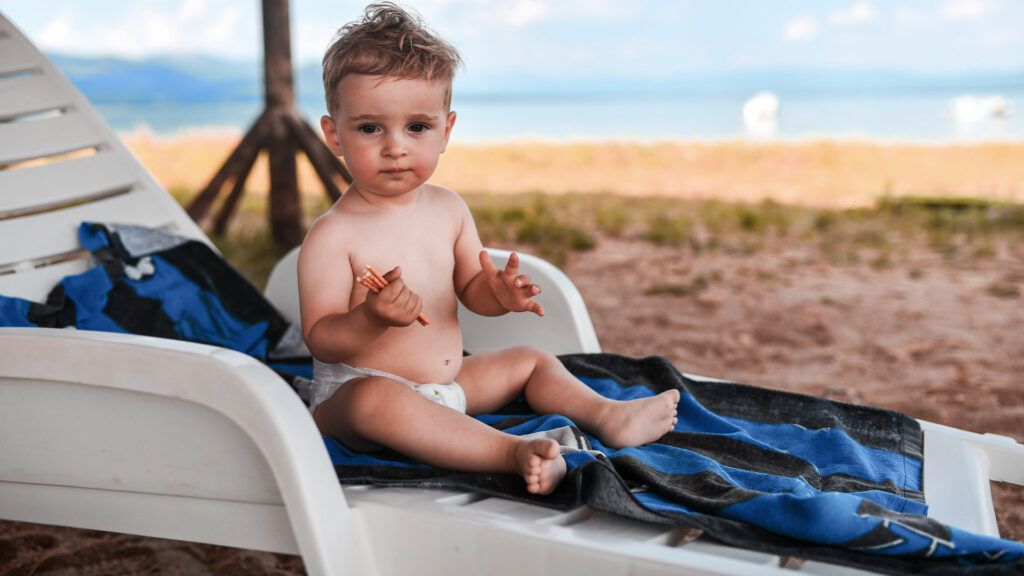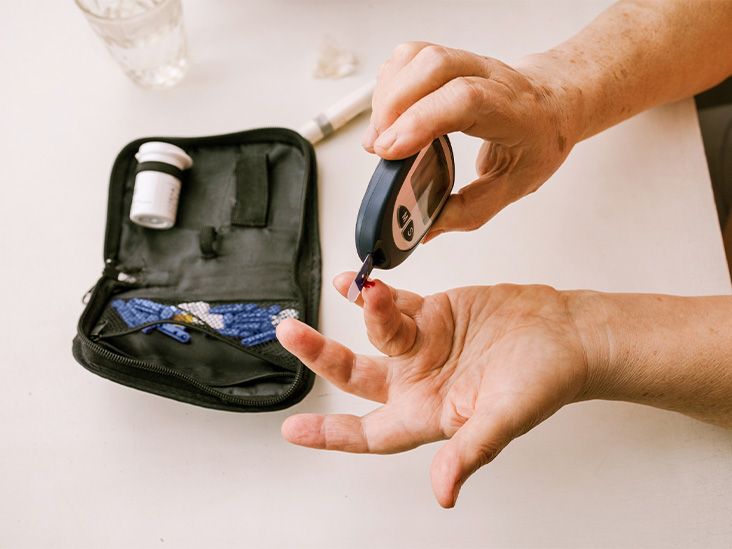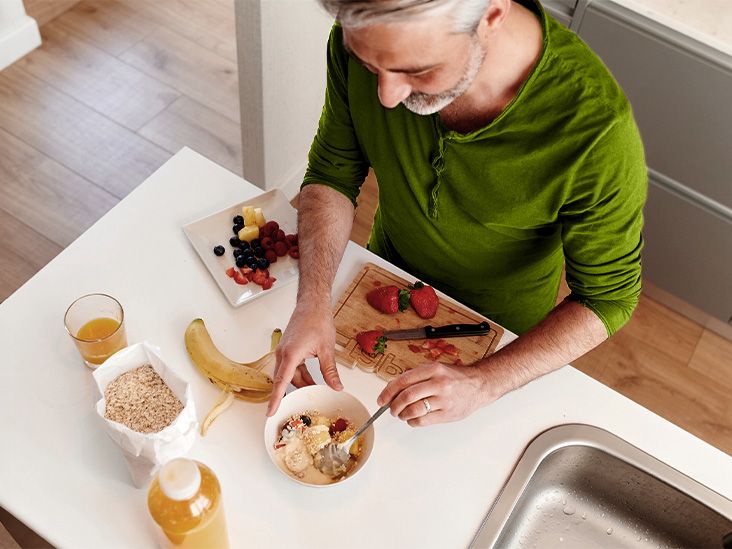Sun exposure and hot weather can cause sunburn and dehydration, which can lead to severe health complications in babies. People can protect babies from the sun by keeping them cool, hydrated, well-covered, and in the shade.
Exposure to UV rays can cause permanent skin damage which can lead to skin cancer. High temperatures can also cause babies to overheat, which can cause dehydration and heatstroke.
Experts
To protect babies from the sun, people can keep them out of direct sunlight as much as possible, use sun-protective clothing, and keep them cool and hydrated.
This article looks at how to keep babies safe in the sun and explains why sunburn is dangerous.

Although sun exposure and very high temperatures are dangerous for babies, there are ways to minimize the risks. People can spend time outdoors with their babies as long as they take precautions to protect them from UV rays, excessive heat, and dehydration.
The following tips can help protect babies from the sun.
Seek shade
The most effective way to protect a baby from the sun is to keep them in the shade and out of direct sunlight.
According to the American Academy of Dermatology (AAD) Association, it is especially important to shield babies under 6 months from the sun.
If no shade is available, a person can create shade by using an umbrella, a pop-up tent, or a canopy. However, they should avoid covering a baby’s stroller with a blanket, as this could lead to overheating.
Experts recommend taking extra precautions to keep babies out of the sun during the hottest hours of the day,
Stay cool
A person can protect a baby against overheating by ensuring they remain cool during hot weather. The United Kingdom’s National Health Service (NHS) recommends the following to help keep babies and children cool:
- Avoid going out during the hottest hours of the day.
- Dress the baby in lightweight clothing without too many layers.
- Supervise play in a shaded paddling pool.
- Avoid leaving babies and children in small, enclosed spaces that can become hot quickly, such as a parked car.
- Keep the baby’s room cool during the day by closing curtains or blinds.
- Use a nursery thermometer to monitor the temperature of the baby’s room.
- Give them a cool bath before bedtime.
- Dress the baby in minimal clothing or just a diaper for bedtime.
Choose sun-protective clothing
Lightweight, sun-protective clothing can help protect babies from UV rays. However, adding too many layers of clothing can contribute to overheating. The clothing should be loose-fitting and comfortable.
The
Sun-protective clothing for babies includes:
- lightweight, long-sleeved shirts and pants
- a wide-brimmed sunhat that provides shade to the baby’s face, ears, and neck
- sunglasses with UV protection
- UV-protective swimwear
Minimize sunscreen under 6 months
Many brands offer sunscreen specifically for babies and children, containing ingredients less likely to irritate skin. However, experts
Babies under 6 months have a higher ratio of surface area to body weight than children and adults. This means that they are more exposed to the chemicals in sunscreen and are at higher risk of experiencing adverse reactions or side effects.
According to the British Association of Dermatologists (BAD), a person can apply high SPF sunscreen to small areas on a baby under 6 months, such as the backs of their hands and their cheeks, if they cannot keep them out of the sun.
Although a person should minimize the use of sunscreen in young babies, choosing one that is fragrance-free and offers high SPF and UVA protection may reduce the risk of allergic reactions.
Avoid dehydration
Babies and children need plenty of fluids to stay hydrated during hot weather. According to the NHS, the following tips can help avoid dehydration in babies.
- From 0 to 6 months: Babies fed breastmilk exclusively do not require any water until they start eating solid foods. A person may want to give more breastmilk than usual during hot weather. For babies having formula, a person can include a small amount of cooled boiled water as well as the baby’s usual milk feed.
- From 6 months: Once a baby starts eating solid foods, a person can offer them sips of water with their meals and outside of mealtimes during hot weather. However, breastmilk or infant formula should be a baby’s main drinks during their first year.
- From 12 months: A baby’s main drinks at this age should be breastmilk, whole cows’ milk, or water. During hot weather, a person can give them frozen popsicles made from very diluted fruit juice or water at mealtimes to increase hydration.
Sunburn causes permanent skin damage which can increase the risk of skin cancer.
Just one blistering sunburn during childhood can almost double a person’s risk of developing melanoma, a potentially severe type of skin cancer, later in life.
Studies have also found that sunburn during the first years of life can also
Exposure to UV rays during childhood carries a
Skin cancer can be severe, and certain types can be life threatening. Reducing the risk of sunburn during childhood can decrease a person’s risk of skin cancer later in life.
Sun protection is important for people of all ages. However, babies may require extra sun protection, as sunburn, overheating, and dehydration can lead to severe health complications.
Although experts recommend minimizing the use of sunscreen for infants under 6 months, there are other ways to protect babies from the sun. These include keeping them cool, seeking shade, and using sun-protective clothing.


